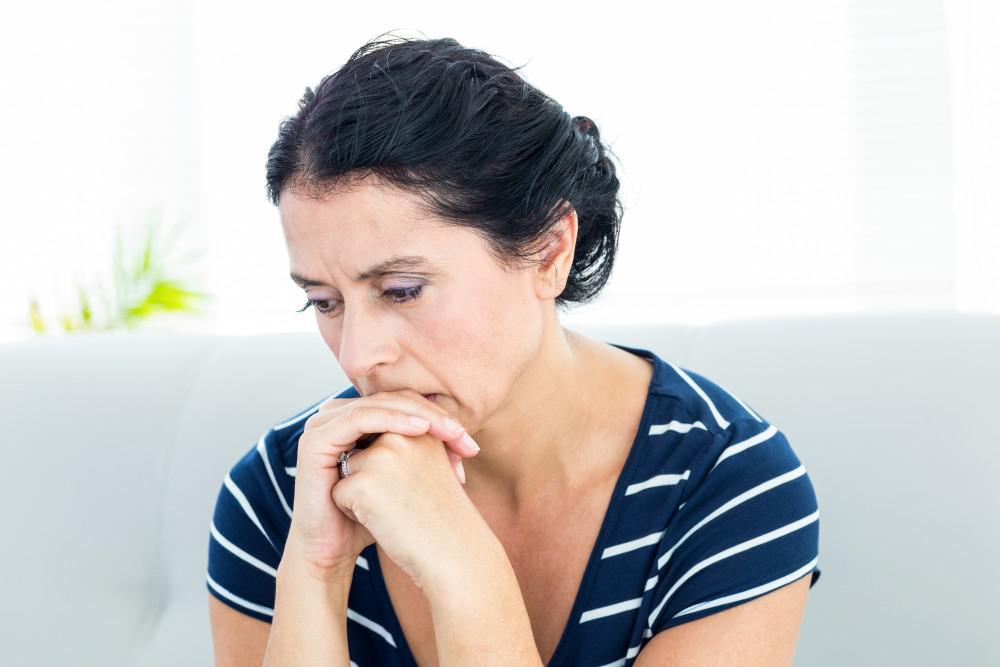
Why Women are More Prone to Depression and Anxiety and What You Can Do About It
Depressive disorder and generalized anxiety disorder are among the most debilitating mental health problems. Furthermore, twice as many women as men suffer from these conditions. Emotional, societal, and hormonal differences are typically to blame for this gender disparity.
Our compassionate team at Thriving Mind Psychology offers help to patients in Midtown Manhattan in New York City. Although we’re committed to providing mental health care to both sexes, we specialize in helping women, who have unique difficulties coping with anxiety and depression.
There are several reasons why women are more prone to depression and anxiety.
Hormones and Women-specific Depression Disorders
For many women, major depressive disorders include menopause-related and postpartum depression. A woman’s reproductive hormones, primarily estrogen and progesterone, play a significant role in her mental and physical health.
A woman’s hormone levels fluctuate quite a bit throughout her life, starting at puberty. Most girls begin puberty at a younger age than boys, which is partly why depression and anxiety rates among young girls tend to be higher than boys.
Unlike men’s hormonal fluctuations, which typically end during puberty, women continue to deal with them through their lives. For example, hormonal swings during pregnancy contribute to postpartum depression. Fluctuations also emerge during and after menopause when hormones diminish, fueling anxiety and depression even more.
Women and Seasonal Affective Disorder
Seasonal affective disorder (SAD) is a type of depression that afflicts women four times more than men. However, unlike postpartum and menopausal depression, research has yet to uncover a reason for the gender gap for SAD.
Brain Chemistry
Researchers are doing extensive work to understand sex differences in the incidences and effects of depression and anxiety. Some evidence suggests that brain chemistry could be a factor. To be more specific, the fight-or-flight response can be triggered by anxiety, and this response develops more quickly and remains longer with women than men.
Cultural Influences
The disproportionate effect of anxiety and depression on women also has cultural and societal roots. Most women deal with societal pressures to be thin, young-looking, and beautiful. They also face gender inequality at work and in other settings. These influences play a significant role in women’s higher rates of depression and anxiety. Research also suggests that women’s tendencies to be open about their mental illness more than men could contribute to the higher reported rates.
Getting Help
Depression and anxiety can be debilitating. Our goal at Thriving Center of Psychology is to help clients address the sources and symptoms of their mental health issues to live more fulfilling lives. Furthermore, the caring practitioners understand the biological, social, and cultural factors unique to women. We offer various therapies, including:
- Couples or group therapy
- Cognitive behavioral therapy (CBT)
- Neurofeedback (electroencephalographic or EEG biofeedback)
- Online video therapy (TeleTherapy)
- Psychotherapy (talk therapy)
With these proven treatments, Thriving Center of Psychology can help women overcome their depressive and anxiety disorders to live their best life.
To learn what therapy can do to treat depression and anxiety, call the office at (917) 725-2456 or go online to request an appointment.

Leave a Reply